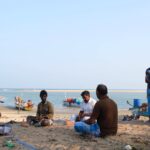This article was published more than 7 years ago.
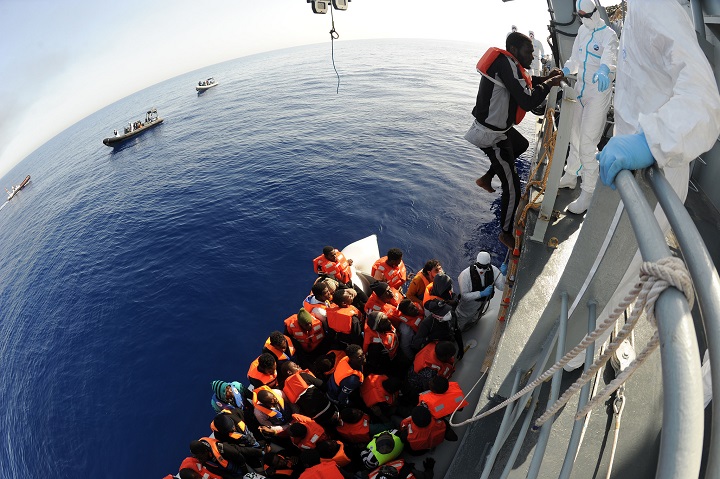
In 2016, 5,000 migrants died or disappeared while crossing the Mediterranean Sea in search of a safe and better life in Europe. These men, women, and children fled home for their own reasons, most commonly to escape war, poverty, political persecution, or famine.
The sheer scale of the crisis, limited capacity of search and rescue operations, and utter lack of political will to address the situation means that the bodies of those who die at sea are often never recovered. Since governments do not systematically collect the DNA of deceased migrants and rarely investigate their origins, most that are found are laid to rest in unmarked graves thousands of miles from home.
Behind every unmarked grave lies a family in wait for news that will never come. Unable to confirm their worst fears, many cling to the hope that their loved ones are alive and well, preventing them from mourning their loss and holding burial ceremonies.
In Sub-Saharan Africa and the Maghreb, migrants’ rights organizations are helping change this. With networks that span Africa and Europe, these groups often learn of capsized boats firsthand, have deep relationships with migrant communities that can help identify the deceased, and are able to reach the families of migrants who have disappeared in transit. But in many cases, these frontline activists lack the capacity, tools, and confidence to provide the holistic support that suffering families need to find closure.
In late November, the Fund for Global Human Rights brought together over 20 migrants’ rights organizations—including several Fund grantees—to teach them new ways to support families of migrants who died or disappeared in transit. Held in Dakar, Senegal, the workshop was facilitated by Carlos Beristain, an expert psychologist and human rights activist with more than 30 years’ experience providing psychosocial support to families of the disappeared across Mesoamerica. Over the course of three days, participants learned the fundamental pillars of psychosocial support, explored strategies for assisting survivors of trauma in ways that honor their dignity and empower them, and discussed ways to reduce the secondary trauma they often experience as activists.
The training resonated deeply with participants, many of whom are migrants themselves and have experience with the unspoken pain and grief of losing a loved one in transit. Several activists reported feeling moved, inspired, and better equipped to tackle their work, thanks to the tools and guidance they received. Their testimonials underscore the importance of creating spaces in which grassroots human rights organizations can learn, share, and collectively brainstorm solutions to the challenges they face—spaces the Fund routinely helps create by bringing groups together at trainings like this one.
Below are some photos and quotations from the workshop, which we look forward to following up on in the coming months:

Psychologist and human rights activist Carlos Beristain leads a session on the ethics questions surrounding psychosocial support. Here, activists are considering whether it is important to return to “normal” after a traumatic event. The question prompted a rich discussion of what normality means, the difference between reliving and remembering a trauma, and how to help survivors identify and cope with lingering symptoms of trauma.
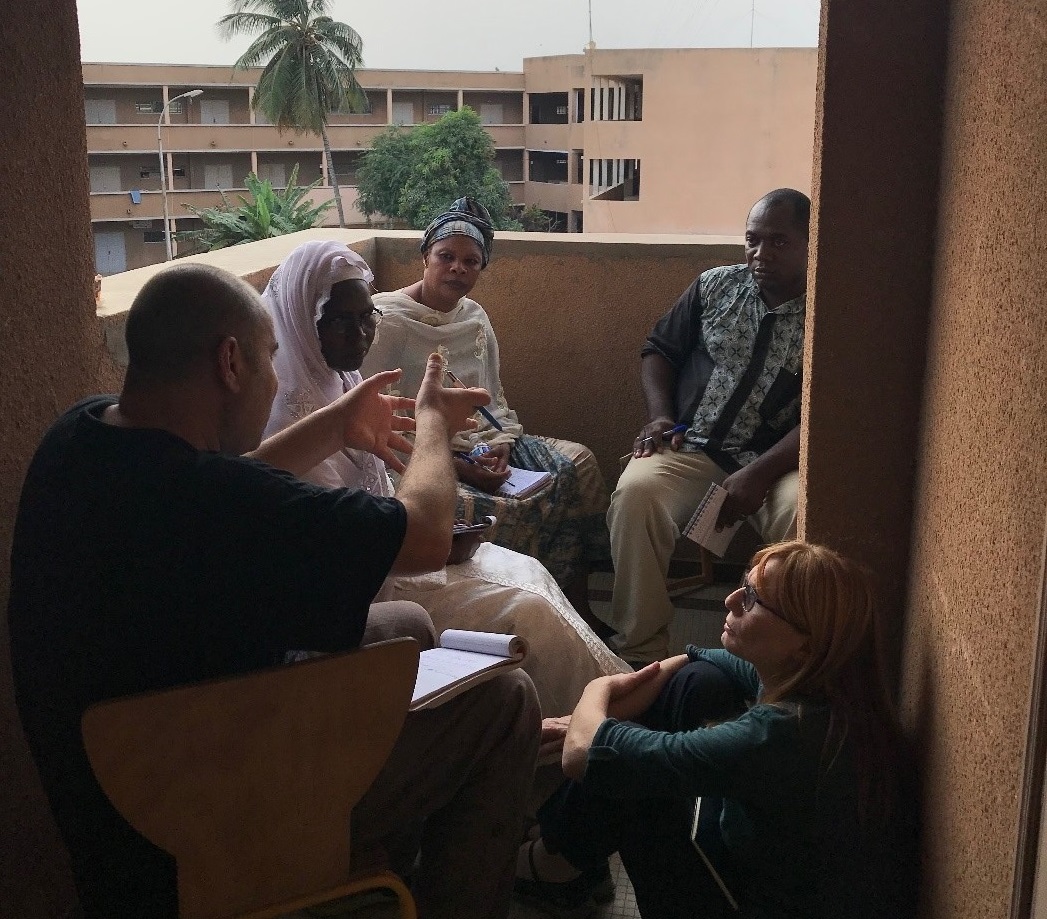
Fund Program Officer Chloée Ponchelet (front right) joins activists from Mali, Senegal, and Tunisia as they share the challenges they experience when informing families of migrants that their loved ones have died in transit. They went on to discuss how various psychosocial support techniques learned at the training could help them.
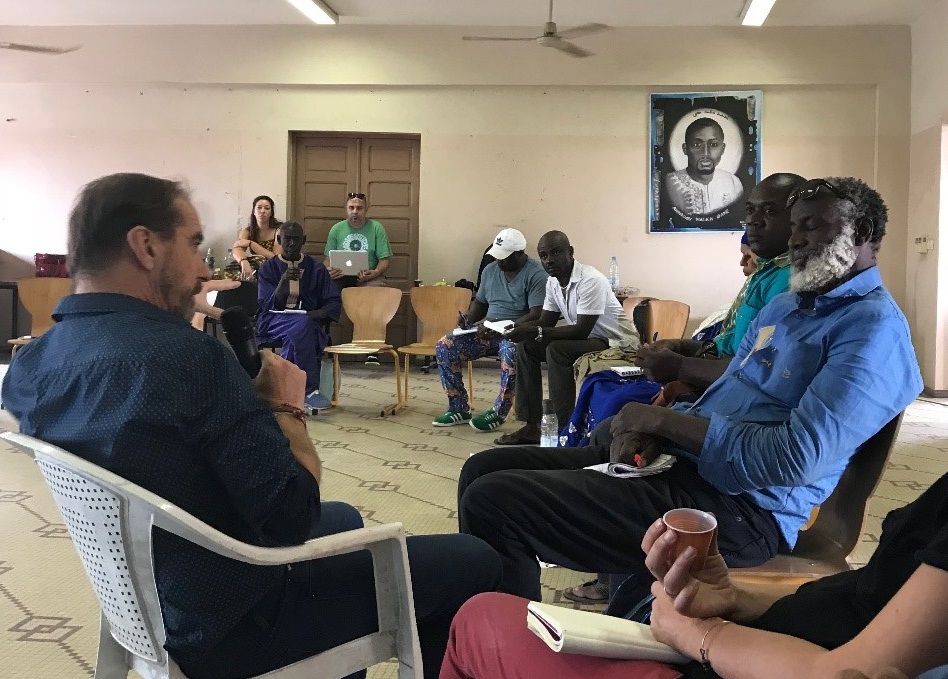 Carlos explained why helping victims tell their stories and give a name to their anxiety and grief is central to the healing process. He said it is also crucial to tell victims that their grief is a normal reaction to abnormal circumstances, and therefore does not reflect on their strength or abilities to cope.
Carlos explained why helping victims tell their stories and give a name to their anxiety and grief is central to the healing process. He said it is also crucial to tell victims that their grief is a normal reaction to abnormal circumstances, and therefore does not reflect on their strength or abilities to cope.

Anthony Etuka works for GADEM, a Moroccan organization and Fund grantee that documents abuses against migrants, including forced removals from border areas. A migrant himself, Anthony has experienced the challenges faced by those he supports firsthand. For him, the workshop was a cathartic experience.
“I am so glad that I came because it has opened up memories that have long been untouchable for me. I began to tell stories that helped me open these memories up, and I feel that a weight has been lifted. When working [with victims] in the field, I often face an emotional block. I now have tools that will help me lift the emotional weight from my mind, and help me move forward with my work.”

Reem Bouarrouj works for the Tunisian Forum for Economic and Social Rights (FTDES), a grantee of the Fund that provides legal advice to migrants who are victims of abuse and assists families of the disappeared. She shared her impressions of the training with us:
“There are moments when it’s so hard [to continue], but we don’t have the right to stop defending human rights. Until now we’ve had to figure out how best to communicate with victims as we go, so it’s been so useful to have someone who can provide advice and let us know whether we are doing things well, and where we can improve. In our work, we often feel like we are battling things alone, but this [workshop] has helped us see that so many other groups are facing similar challenges, and that we can all help each other to move forward.”
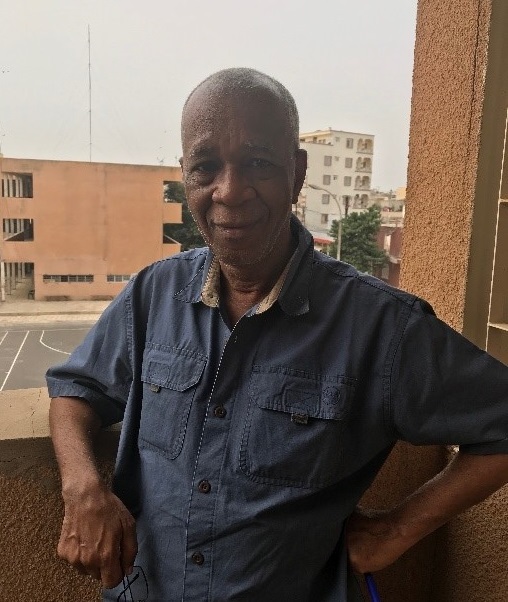
Mamadou Diallo leads Fund grantee Sabou Guinée pour l’Enfance en Difficulté (SAGUIPED), a Guinean organization working to end child trafficking in the Mano River region of West Africa. The workshop gave Mamadou the chance to connect with activists working in North Africa, where many unaccompanied child migrants from Guinea end up.
“The workshop has offered me new perspectives, and new approaches to strengthen our work [with children] in Guinea. I’ve also discovered a new network of organizations working on the question of adult migration, and the question now is how we can work together to confront common challenges. While the training was focused on adult migrants, its lessons are applicable to so many different contexts, and I will now work [with SAGUIPED] to integrate the psychosocial support techniques I learned here into our work.”
